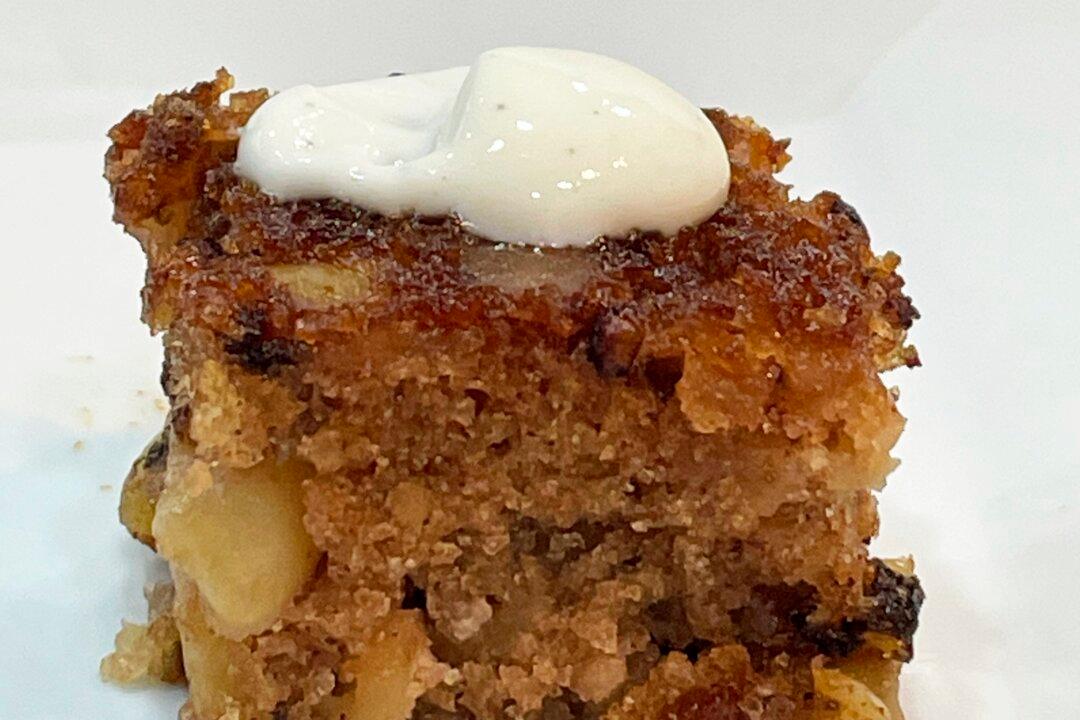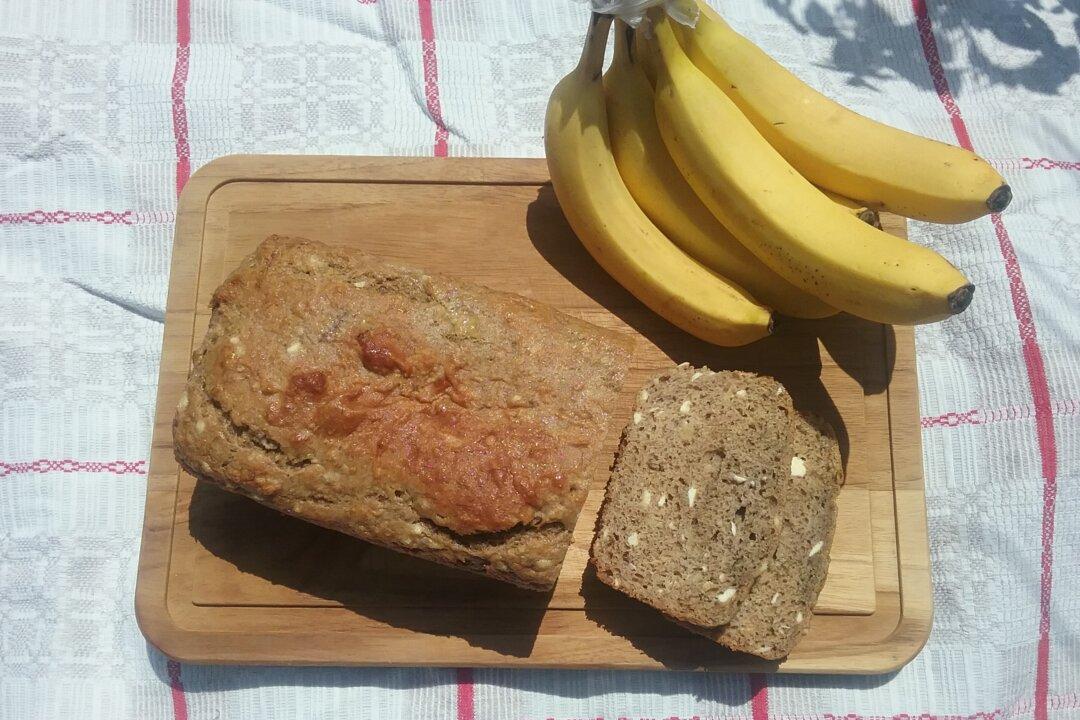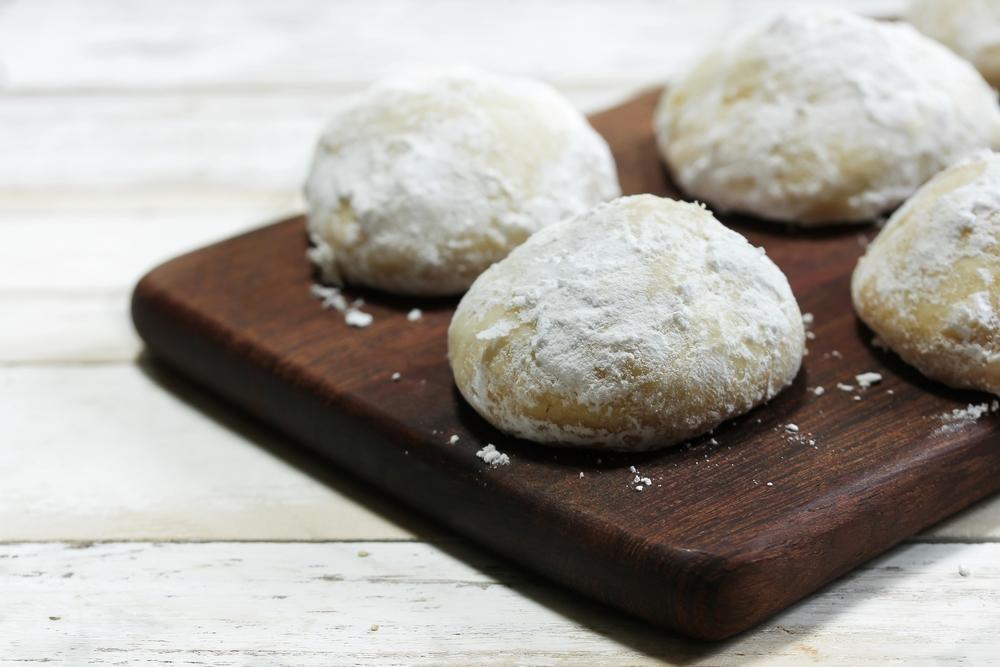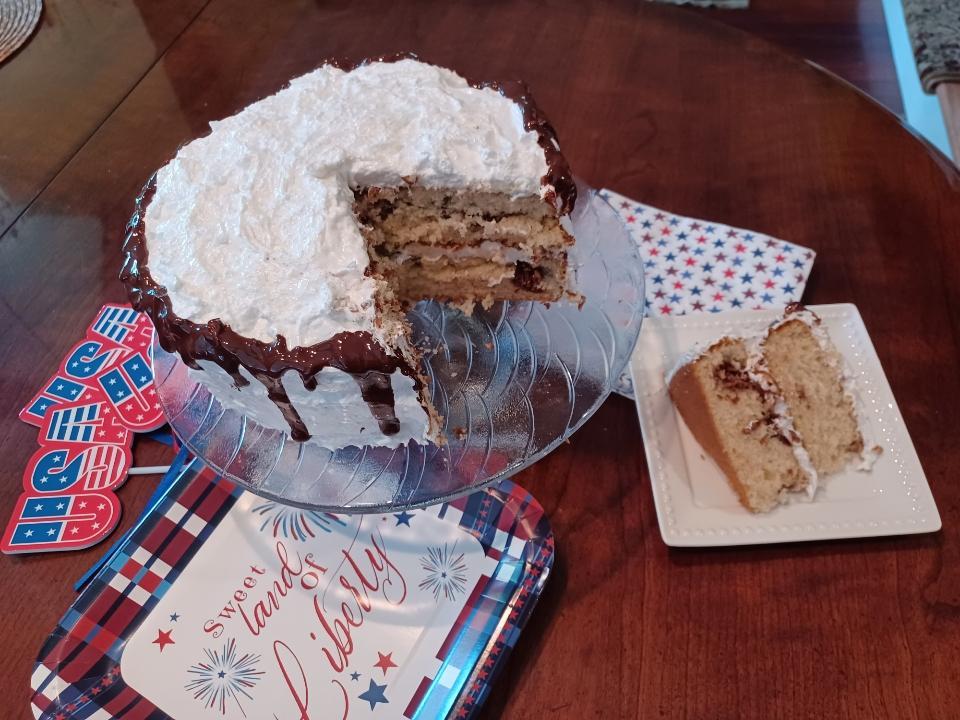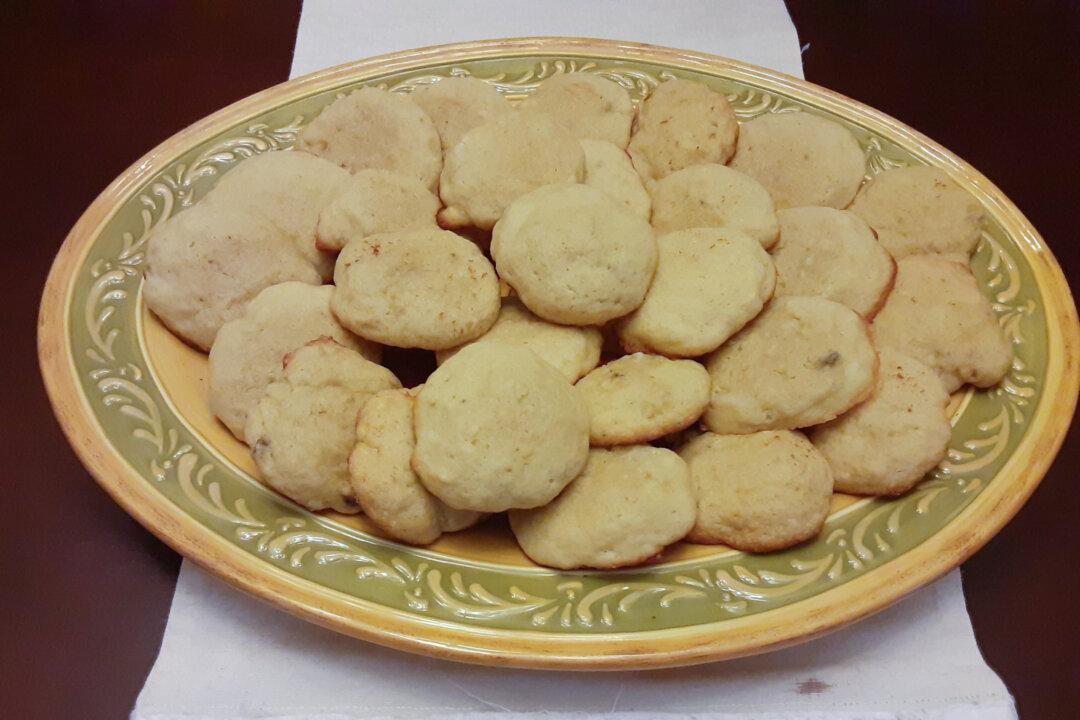Submitted by Rona Simmons, Georgia
Experimentation is the order of the day at my home on Thanksgiving. Yes, a turkey sits proudly at the center of the table and, yes, it’s the same reliable brand my mother declared non-negotiable decades ago. But each year, I stuff and baste my turkey with the product of unusual recipes clipped from newspapers and magazines or downloaded from cooking websites.

